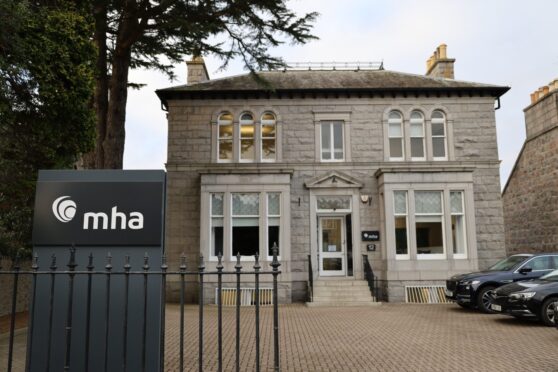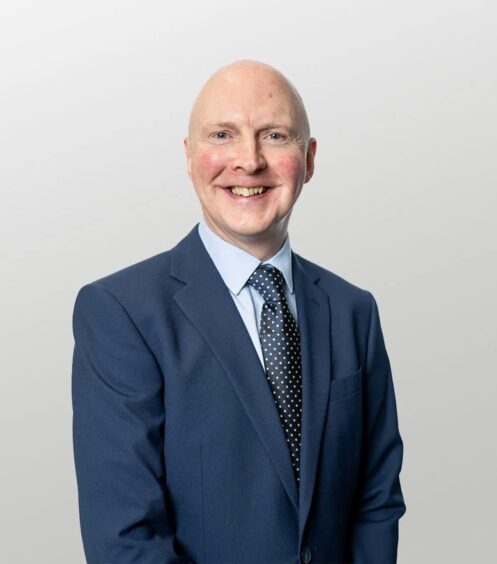The Spring Statement was never likely to be a fiscal declaration packed with revelations or further tax increase announcements.
-
Some Press and Journal online content is funded by outside parties. The revenue from this helps to sustain our independent news gathering. You will always know if you are reading paid-for material as it will be clearly labelled as “Partnership” on the site and on social media channels.
This can take two different forms.
“Presented by”
This means the content has been paid for and produced by the named advertiser.
“In partnership with”
This means the content has been paid for and approved by the named advertiser but written and edited by our own commercial content team.
Moreover, it certainly did not have the air of an ‘emergency budget’ as it was branded by the Conservatives.
Taking an unsurprisingly defensive stance, Rachel Reeves pushed the narrative of positivity from the Economic and Fiscal Forecast from the Office for Budget Responsibility (OBR) findings in relation to future growth.
While there was no added tax pain, there was also very little in the way of instant relief for businesses and individuals who feel enormously challenged by the current economic climate.
The main announcements centred around £4.8 billion of welfare cuts which were tempered by an extra £1 billion to be spent on getting people back to work and £400 million to be spent on helping the Department of Work and Pensions efficiencies.
The Chancellor is also hoping that the freeing up the restrictions impacting housing development in England and Wales will also boost growth over the length of the parliament.
She promised an extra £2.2 billion spend on defence in the next financial year in the face of a more uncertain world and in a bid to increase UK national security.
The increase in defence spending could be a positive change in Scotland, with Glasgow specifically mentioned by Rachel Reeves as a beneficiary.
Defence specialists in Scotland involved with AI and advanced defence technology such as drones will welcome this announcement, while this increased expenditure should also expand access to defence procurement for smaller businesses.
While the housebuilding investment is one to be welcomed, it’s unlikely to have direct impact on Scottish housing targets, other than boosting overall economic growth throughout the length of the parliament.
The Chancellor confirmed her commitment to making only one fiscal statement a year and we will have to wait until the Autumn before announcements are made on future tax changes.
Until then we can expect much debate on the impact of the tax increases announced in the Autumn Statement, the impact of welfare cuts on Scotland and increasing focus on the UK economy’s growth forecast which the Chancellor expects to grow from 2026 onwards after a downgrade to only 1% for 2025.
As the Chancellor said in her Statement, the world has become more uncertain in the last few months. However, for business owners, economic stability is key… it’s what is needed to allow business owners to plan for the future and to have the confidence to make further investments.
We can only hope that we see signs of this in the lead up to the Autumn Budget.
Alan Stewart is tax partner at MHA, based at its office in Carden Place, Aberdeen. He has worked with clients operating in a host of industry sectors and has gained detailed experience in dealing with commercial issues faced by clients of all sizes. Alan provides tax advisory services to a broad range of clients including individuals, companies and owner-managed businesses.
MHA, ranked the 13th largest accountancy group in the UK and Republic of Ireland, has a turnover of £205m, over 1,960 staff, 150 partners and comprises of 20 offices nationwide including England, Scotland and Wales, plus a further 2 in Ireland and also 1 in the Cayman Islands.
MHA is an independent member firm of Baker Tilly International, the world’s 9th largest international network of independently owned and managed accountancy and business advisory firms, with revenues of $5.62bn and 43,515 people operating across 143 territories.


Conversation